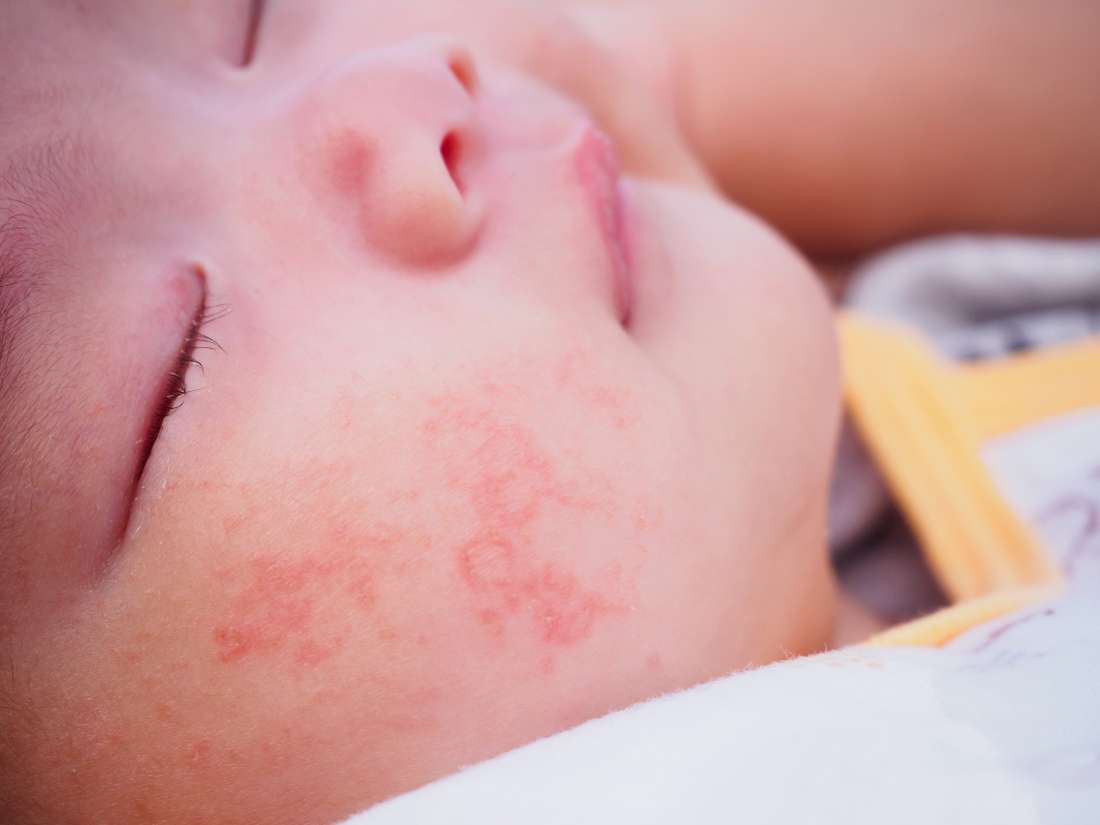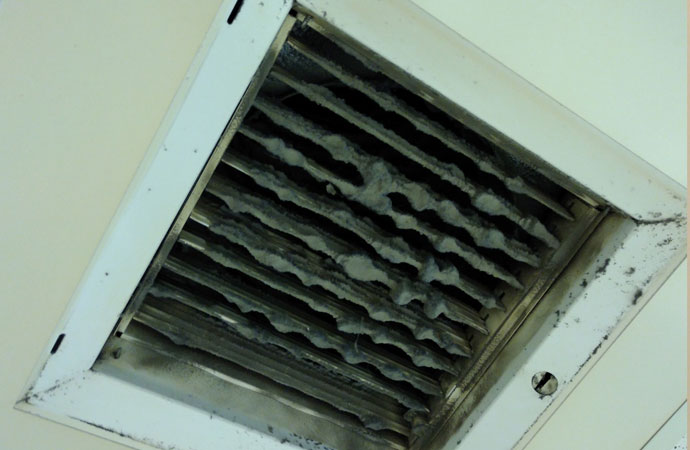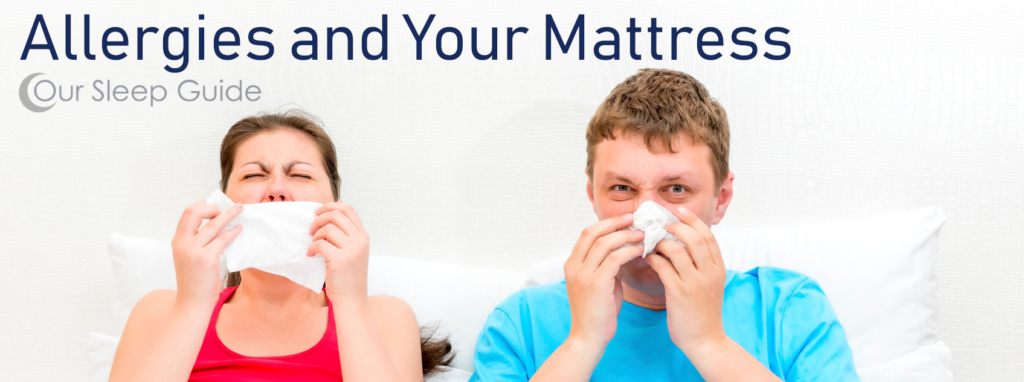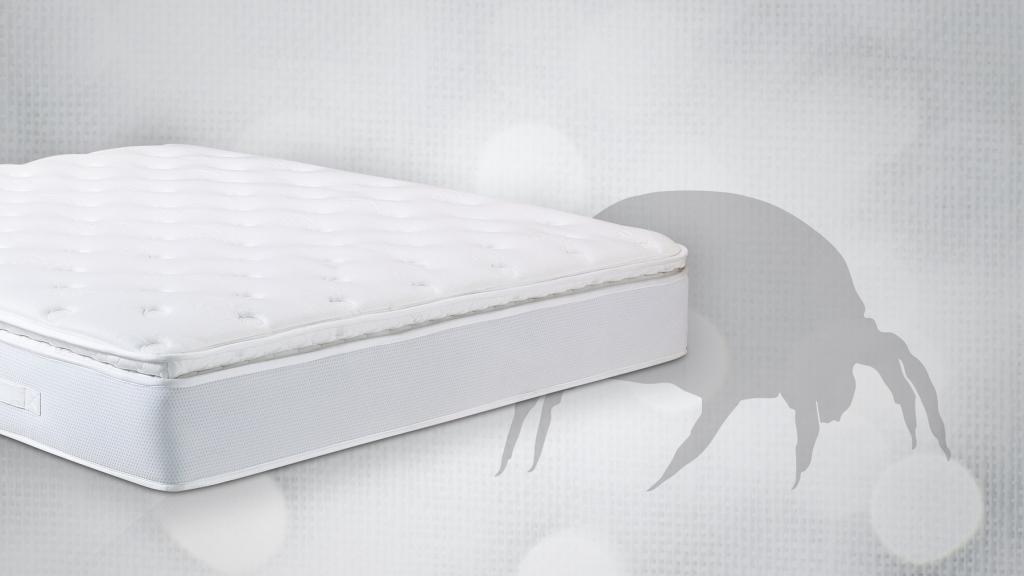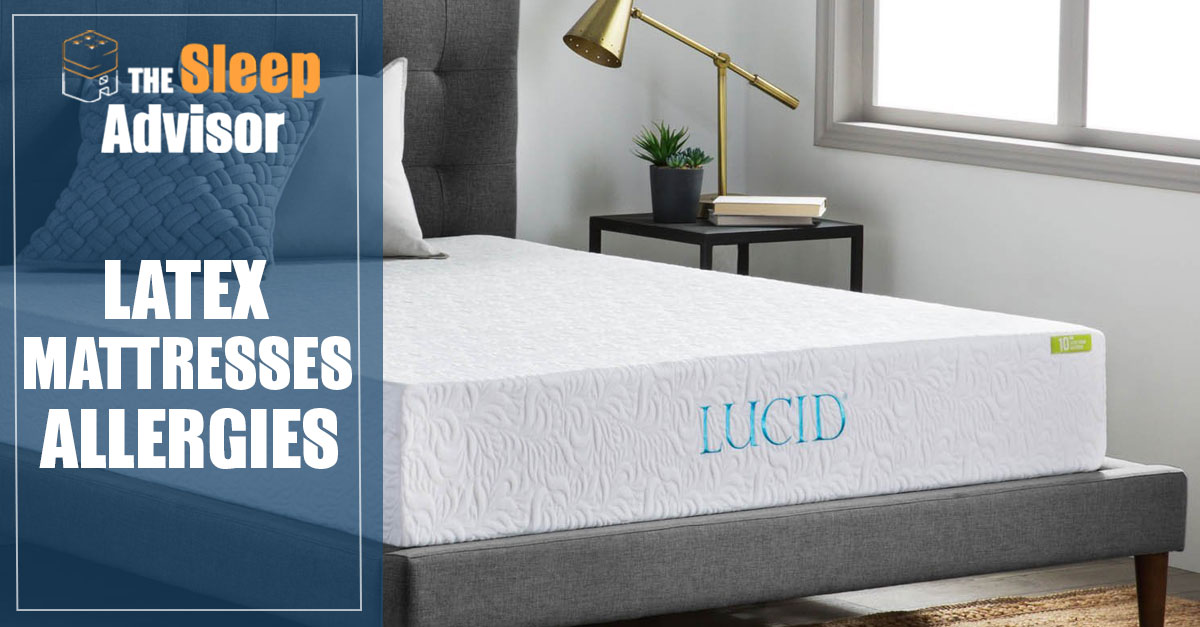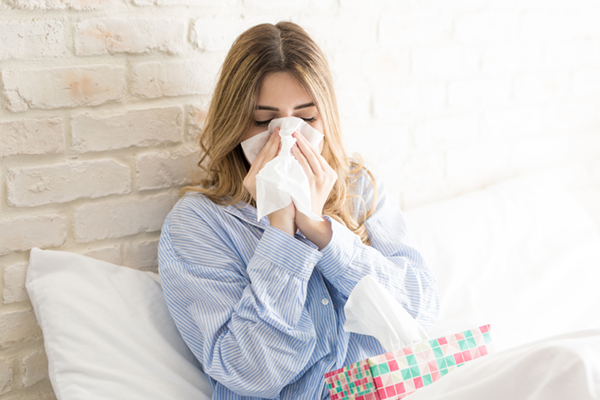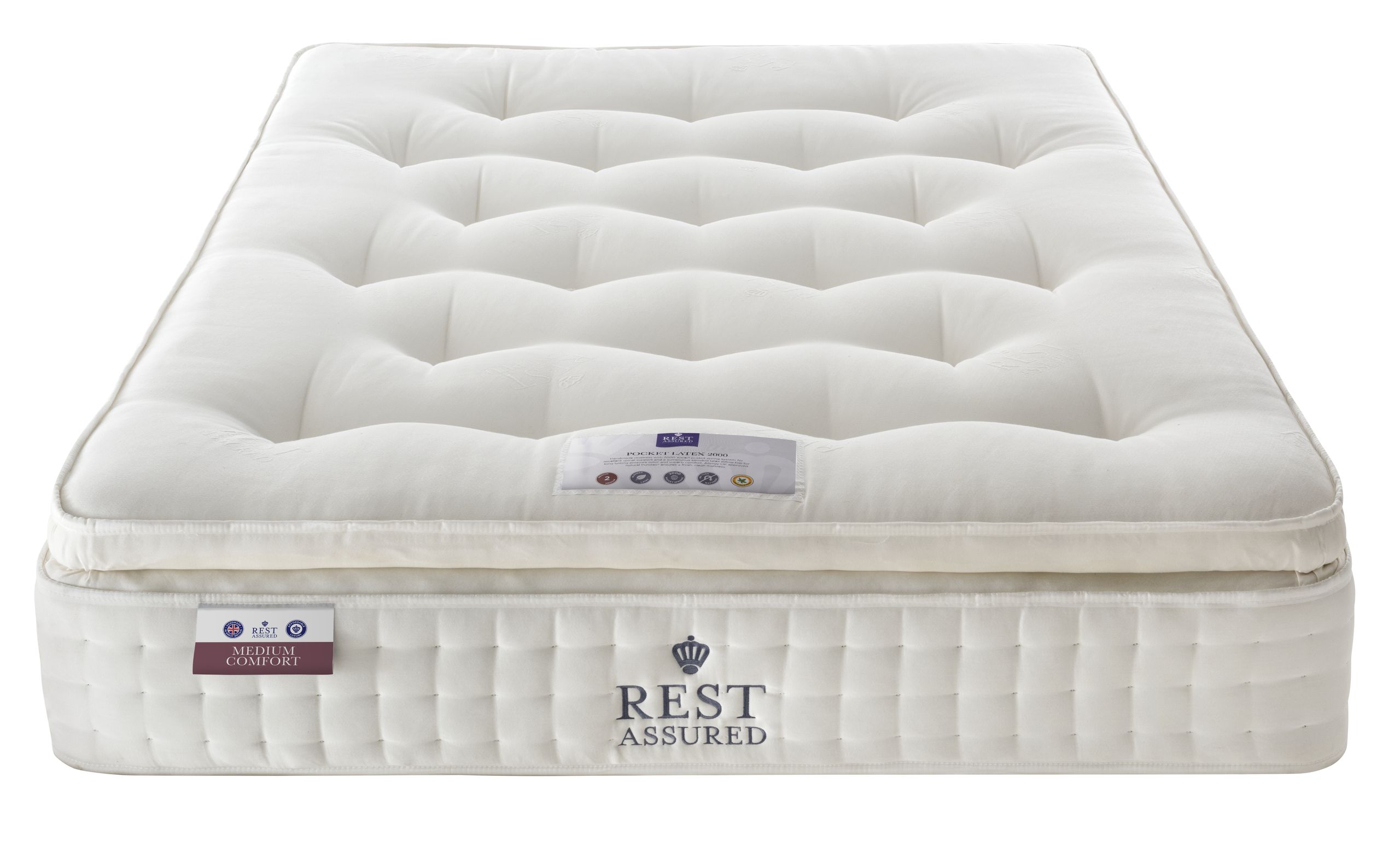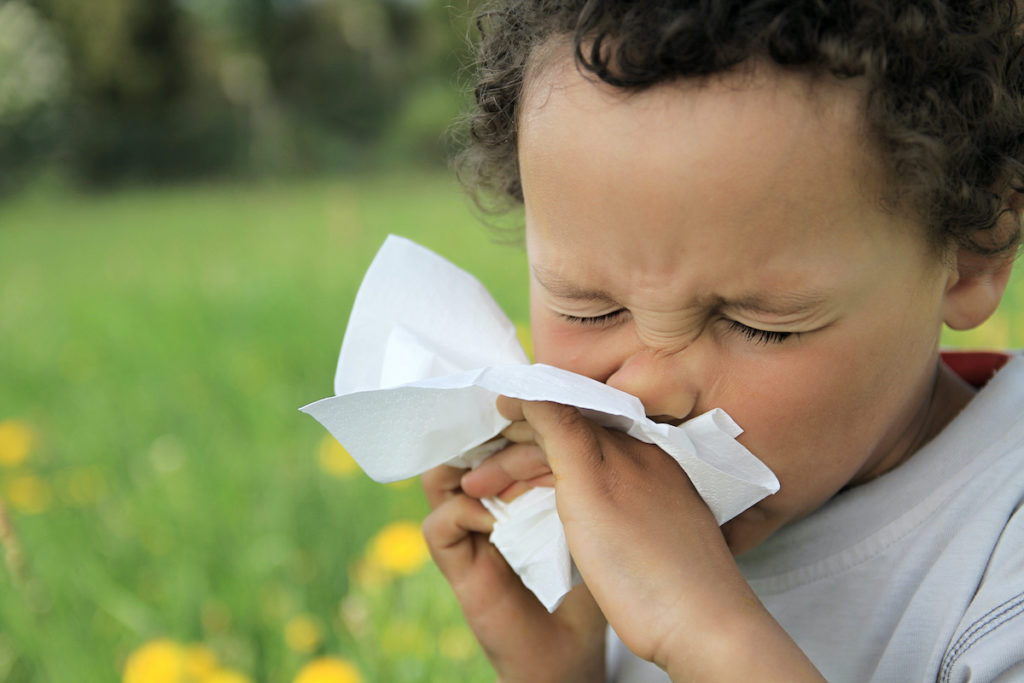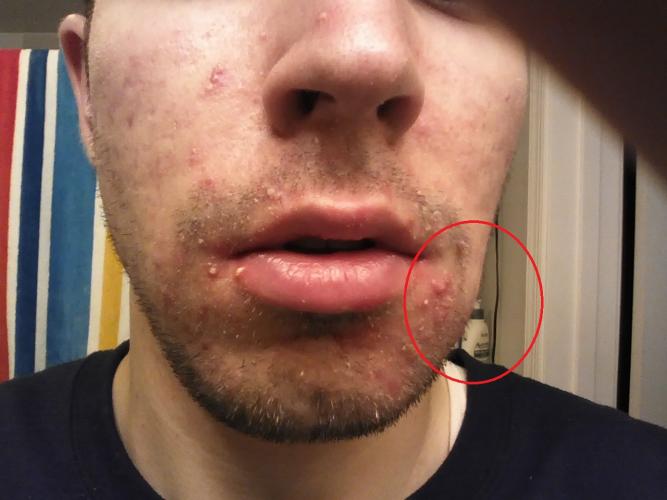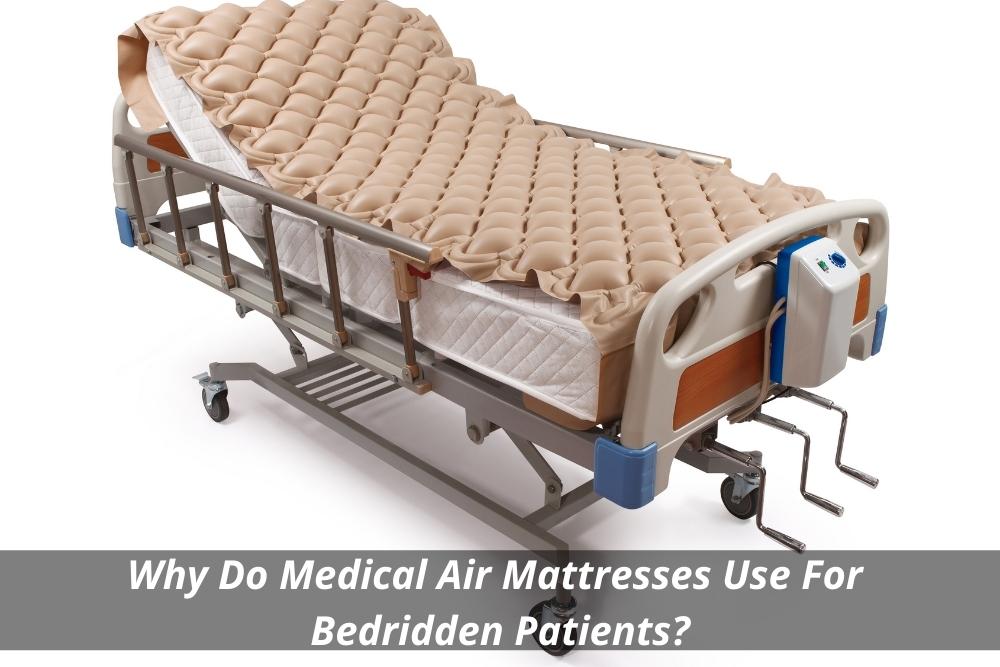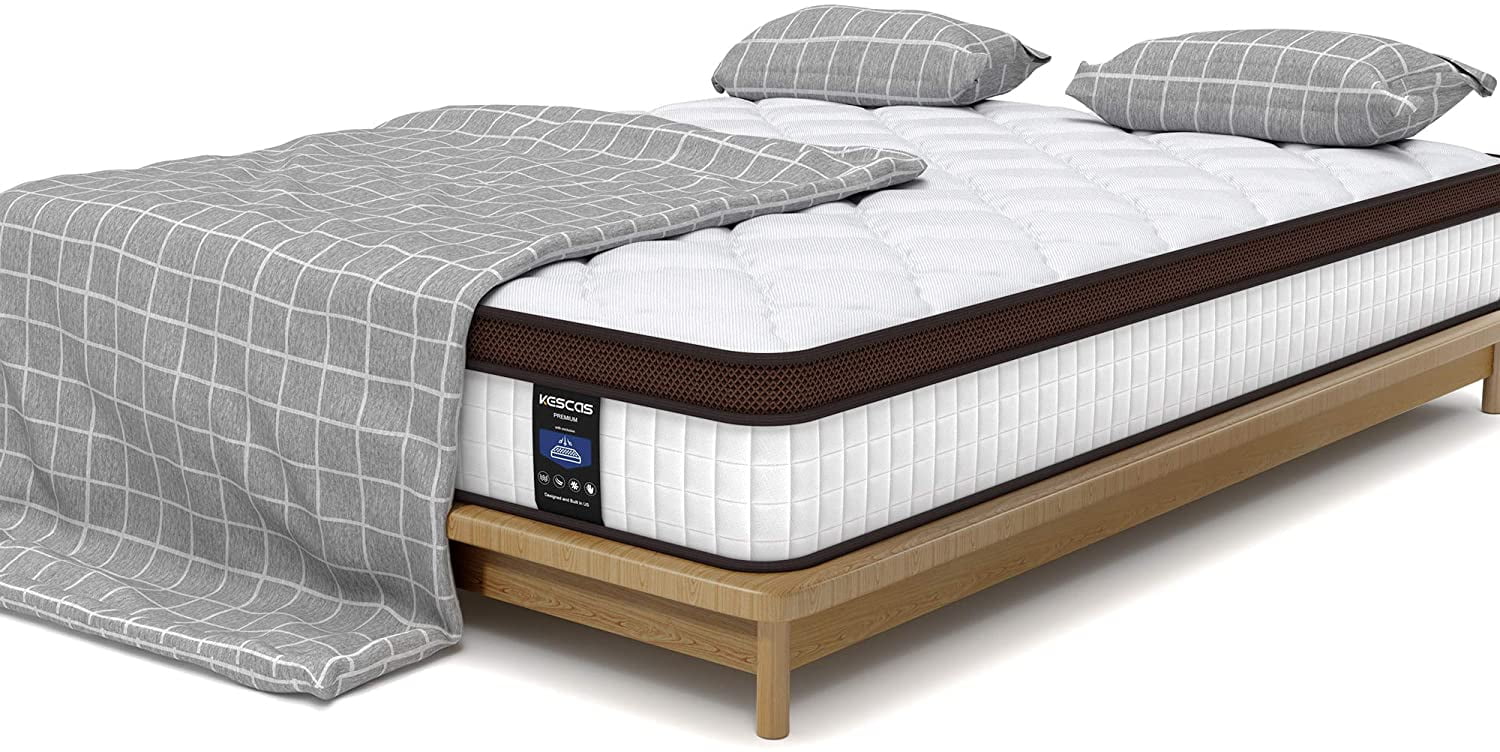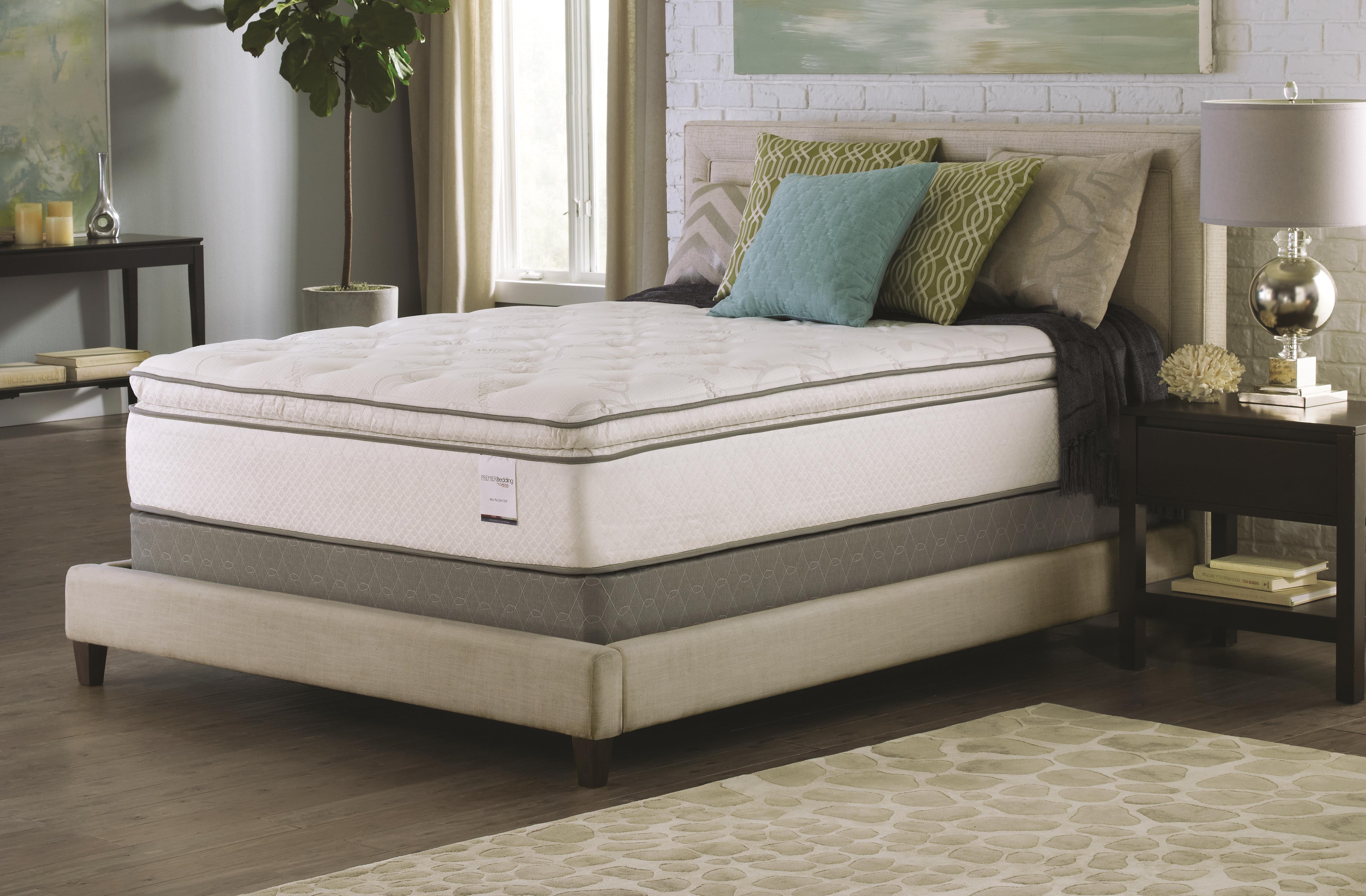If you've recently purchased a new air mattress and have been experiencing symptoms such as sneezing, watery eyes, or a runny nose, you may be having an allergic reaction. But what exactly causes these reactions to air mattresses? Allergens: Air mattresses can collect dust, pollen, and other allergens over time, especially if they are not regularly cleaned. These particles can irritate the respiratory system and cause allergic reactions. Mold and Mildew: If an air mattress is stored in a damp or humid environment, mold and mildew can start to grow. This can trigger allergies and even lead to respiratory issues if left untreated. Materials: Some people may be sensitive to the materials used in air mattresses, such as latex or synthetic materials. These can release chemicals that can cause allergic reactions.What Causes Allergic Reactions to Air Mattresses?
It can be challenging to determine if your symptoms are caused by an allergic reaction to your air mattress or something else. Here are a few ways to tell if your air mattress is the culprit: Timing of Symptoms: If your symptoms only occur when you are using your air mattress or soon after, it is likely that your air mattress is causing the reaction. Location of Symptoms: Allergic reactions to air mattresses typically affect the respiratory system, so if you experience symptoms such as coughing, wheezing, or difficulty breathing, it may be a sign of an allergic reaction. Elimination Test: If you suspect your air mattress is causing your allergies, try sleeping in a different bed for a few nights. If your symptoms improve, it's a good indication that your air mattress is the problem.How to Tell if You're Allergic to Your Air Mattress
While it may be impossible to completely eliminate allergens from your air mattress, there are steps you can take to prevent or minimize allergic reactions: Clean Regularly: Vacuuming your air mattress and wiping it down with a damp cloth can help remove dust, pollen, and other allergens. If possible, air out your mattress outside in the sun to kill any bacteria or mold. Use a Mattress Cover: Investing in a hypoallergenic mattress cover can create a barrier between you and any potential allergens on your air mattress. Store Properly: When not in use, store your air mattress in a cool, dry place to prevent the growth of mold and mildew.How to Prevent Allergic Reactions to Air Mattresses
Allergic reactions to air mattresses can vary in severity, but some of the most common symptoms include: Sneezing Congestion Runny or Stuffy Nose Itchy, Watery Eyes Coughing Wheezing Difficulty Breathing Skin Irritation or Rash Nausea or DizzinessCommon Symptoms of Allergic Reactions to Air Mattresses
If you are experiencing allergic reactions to your air mattress, there are several treatment options available: Over-the-Counter Medications: Antihistamines and decongestants can help alleviate symptoms such as sneezing, congestion, and runny nose. Cortisone Cream: For skin irritation or rash, a cortisone cream can help reduce inflammation and itching. Consult Your Doctor: If your symptoms are severe or persistent, it is best to consult your doctor for a proper diagnosis and treatment plan.Treatment Options for Allergic Reactions to Air Mattresses
Regularly cleaning your air mattress is crucial in preventing allergic reactions. Here's a step-by-step guide on how to properly clean your air mattress: Step 1: Remove all bedding and pillows from your air mattress. Step 2: Vacuum the surface of the air mattress to remove any dust, dirt, or debris. Step 3: Mix equal parts of water and white vinegar in a spray bottle. Step 4: Lightly spray the surface of the air mattress with the vinegar solution. Step 5: Use a clean cloth to wipe down the surface of the air mattress. Step 6: If possible, let the air mattress dry outside in the sun. Step 7: Once dry, cover the air mattress with a hypoallergenic mattress cover before using it again.How to Clean Your Air Mattress to Avoid Allergic Reactions
If you find that your air mattress is causing severe allergic reactions, you may want to consider switching to a different type of mattress: Latex Mattress: Made from natural latex, these mattresses are hypoallergenic and resistant to dust mites and mold. Memory Foam Mattress: Memory foam mattresses are also hypoallergenic and can provide good support for those with allergies. Organic Mattress: Made with organic materials such as cotton, wool, and latex, these mattresses are free of harsh chemicals and are a good option for those with chemical sensitivities.Alternative Mattress Options for Those with Allergies
If you are set on using an air mattress despite having allergies, there are ways to minimize the potential for reactions: Choose a Hypoallergenic Air Mattress: Look for air mattresses that are made with hypoallergenic materials and are labeled as such. Check Reviews: Read reviews from other allergy sufferers to see if they have had any issues with the air mattress you are considering. Test it Out: If possible, try out the air mattress before purchasing to see if you have any immediate reactions.How to Choose an Air Mattress for Allergy Sufferers
Even with proper cleaning and mattress care, it is still possible to experience allergic reactions to an air mattress. Here are a few tips to help you manage your allergies while using an air mattress: Use Allergy Medication: Taking allergy medication before using your air mattress can help prevent or minimize symptoms. Keep Your Bedroom Clean: Regularly dust, vacuum, and change bedding to reduce the amount of allergens in your bedroom. Use a Humidifier: Adding moisture to the air can help alleviate symptoms of allergies.Tips for Managing Allergies While Using an Air Mattress
If your symptoms do not improve with over-the-counter medication or if they are severe, it is best to consult your doctor. They can help determine the cause of your allergic reactions and provide proper treatment.When to See a Doctor for Allergic Reactions to Air Mattresses
The Importance of Choosing the Right Mattress for Your Health

Allergic reactions to air mattresses can be a major concern for those seeking a good night's sleep. While air mattresses may seem like a convenient and affordable option, they can pose serious health risks for some individuals.
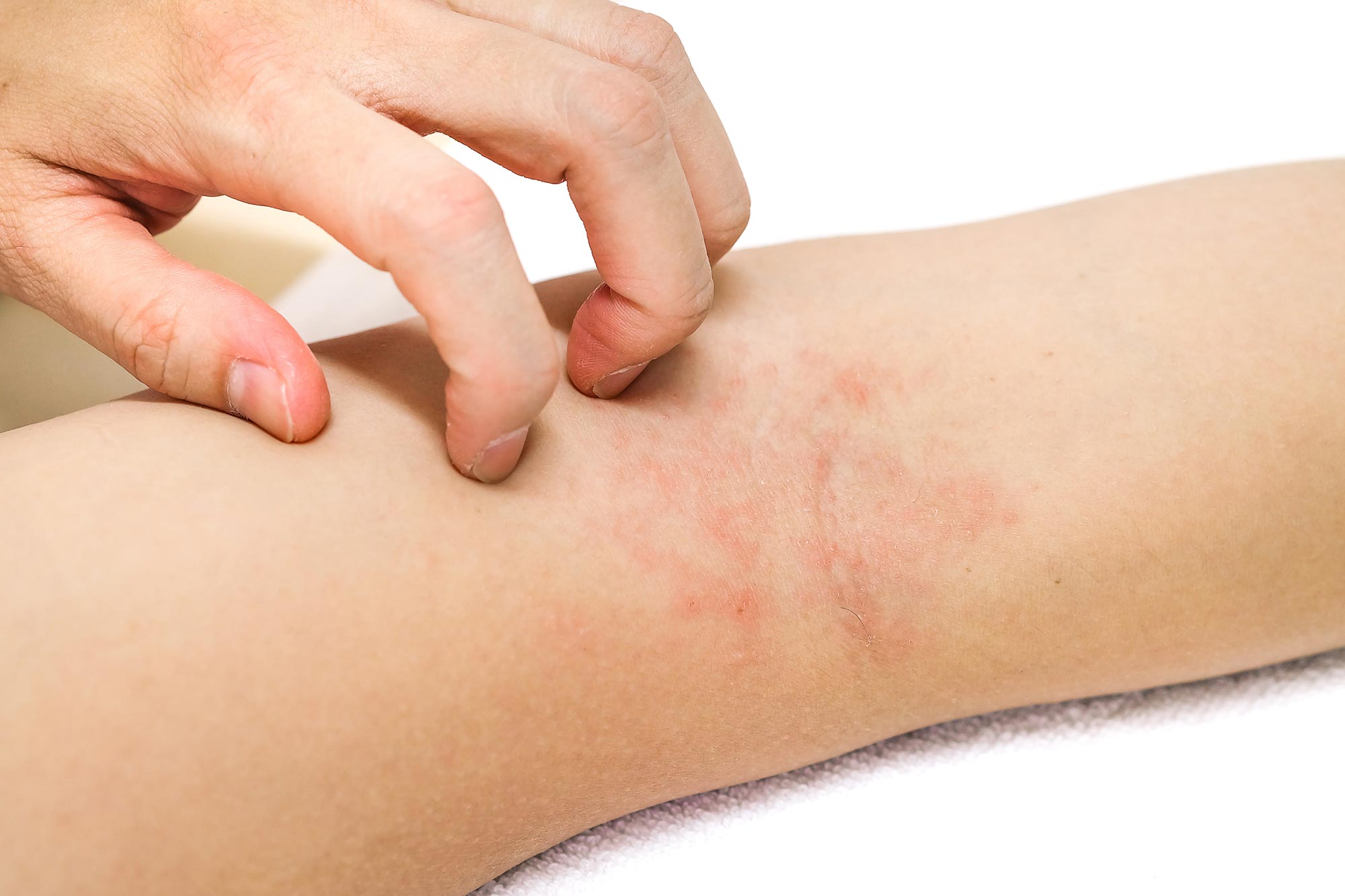 When it comes to creating the perfect bedroom, many people focus on the aesthetics and design of the room. However, one crucial element that is often overlooked is the
mattress
. Your choice of mattress can greatly impact your health and well-being, and it is important to choose one that is suitable for your specific needs. This is especially true for individuals who suffer from
allergies
and
asthma
.
Air mattresses may seem like a practical and affordable option, but they can be a breeding ground for allergens. The material used to make the mattress, such as
latex
or
polyvinyl chloride (PVC)
, can release harmful chemicals that can trigger allergic reactions. In addition, the constant inflation and deflation of the mattress can create a buildup of moisture, which can lead to the growth of
mold
and
mildew
. These factors can greatly affect the air quality in your bedroom and can cause respiratory issues for those who are sensitive to such allergens.
Furthermore, air mattresses do not provide adequate support for your body, leading to poor
spinal alignment
and discomfort. This can result in
back pain
and
muscle stiffness
, making it difficult to get a good night's sleep. Moreover, the lack of support can also cause pressure points, leading to
numbness
and
tingling
in your limbs.
To avoid these potential health risks, it is important to invest in a high-quality mattress that is specifically designed to cater to your needs. For individuals with allergies,
hypoallergenic
mattresses made of natural materials such as
organic cotton
or
bamboo
can provide a safe and comfortable sleeping surface. These materials are resistant to allergens and can help improve the air quality in your bedroom.
In addition, choosing a mattress with proper support and
pressure relief
can greatly improve your sleep quality and overall health. Memory foam mattresses, for example, can contour to your body and provide targeted support to alleviate pressure points and promote spinal alignment.
In conclusion, while air mattresses may seem like a convenient and cost-effective option, they can pose serious health risks for individuals with allergies and other health conditions. It is important to prioritize your health and invest in a high-quality mattress that is suitable for your specific needs. By choosing the right mattress, you can improve your sleep quality and ultimately, your overall well-being.
When it comes to creating the perfect bedroom, many people focus on the aesthetics and design of the room. However, one crucial element that is often overlooked is the
mattress
. Your choice of mattress can greatly impact your health and well-being, and it is important to choose one that is suitable for your specific needs. This is especially true for individuals who suffer from
allergies
and
asthma
.
Air mattresses may seem like a practical and affordable option, but they can be a breeding ground for allergens. The material used to make the mattress, such as
latex
or
polyvinyl chloride (PVC)
, can release harmful chemicals that can trigger allergic reactions. In addition, the constant inflation and deflation of the mattress can create a buildup of moisture, which can lead to the growth of
mold
and
mildew
. These factors can greatly affect the air quality in your bedroom and can cause respiratory issues for those who are sensitive to such allergens.
Furthermore, air mattresses do not provide adequate support for your body, leading to poor
spinal alignment
and discomfort. This can result in
back pain
and
muscle stiffness
, making it difficult to get a good night's sleep. Moreover, the lack of support can also cause pressure points, leading to
numbness
and
tingling
in your limbs.
To avoid these potential health risks, it is important to invest in a high-quality mattress that is specifically designed to cater to your needs. For individuals with allergies,
hypoallergenic
mattresses made of natural materials such as
organic cotton
or
bamboo
can provide a safe and comfortable sleeping surface. These materials are resistant to allergens and can help improve the air quality in your bedroom.
In addition, choosing a mattress with proper support and
pressure relief
can greatly improve your sleep quality and overall health. Memory foam mattresses, for example, can contour to your body and provide targeted support to alleviate pressure points and promote spinal alignment.
In conclusion, while air mattresses may seem like a convenient and cost-effective option, they can pose serious health risks for individuals with allergies and other health conditions. It is important to prioritize your health and invest in a high-quality mattress that is suitable for your specific needs. By choosing the right mattress, you can improve your sleep quality and ultimately, your overall well-being.



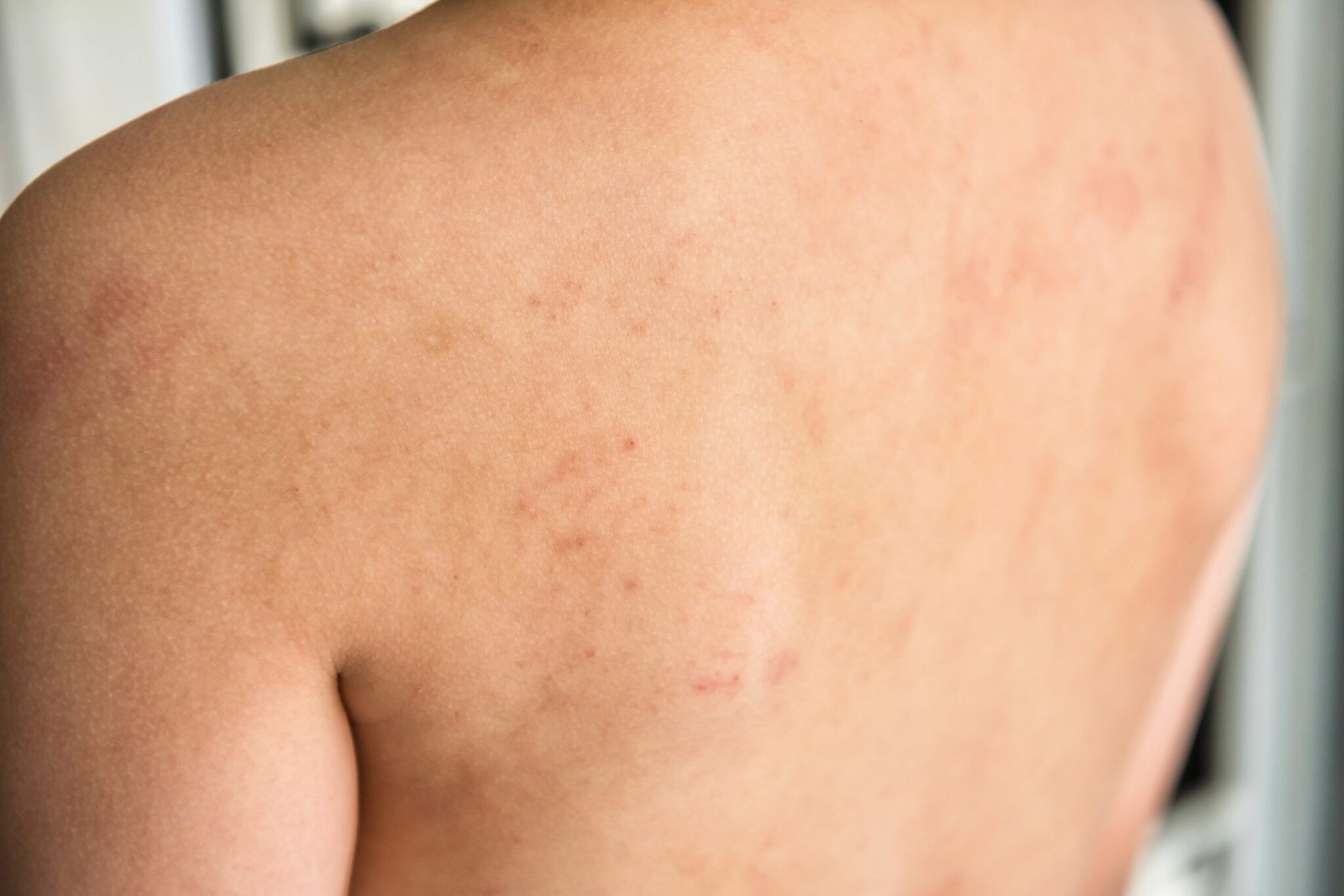
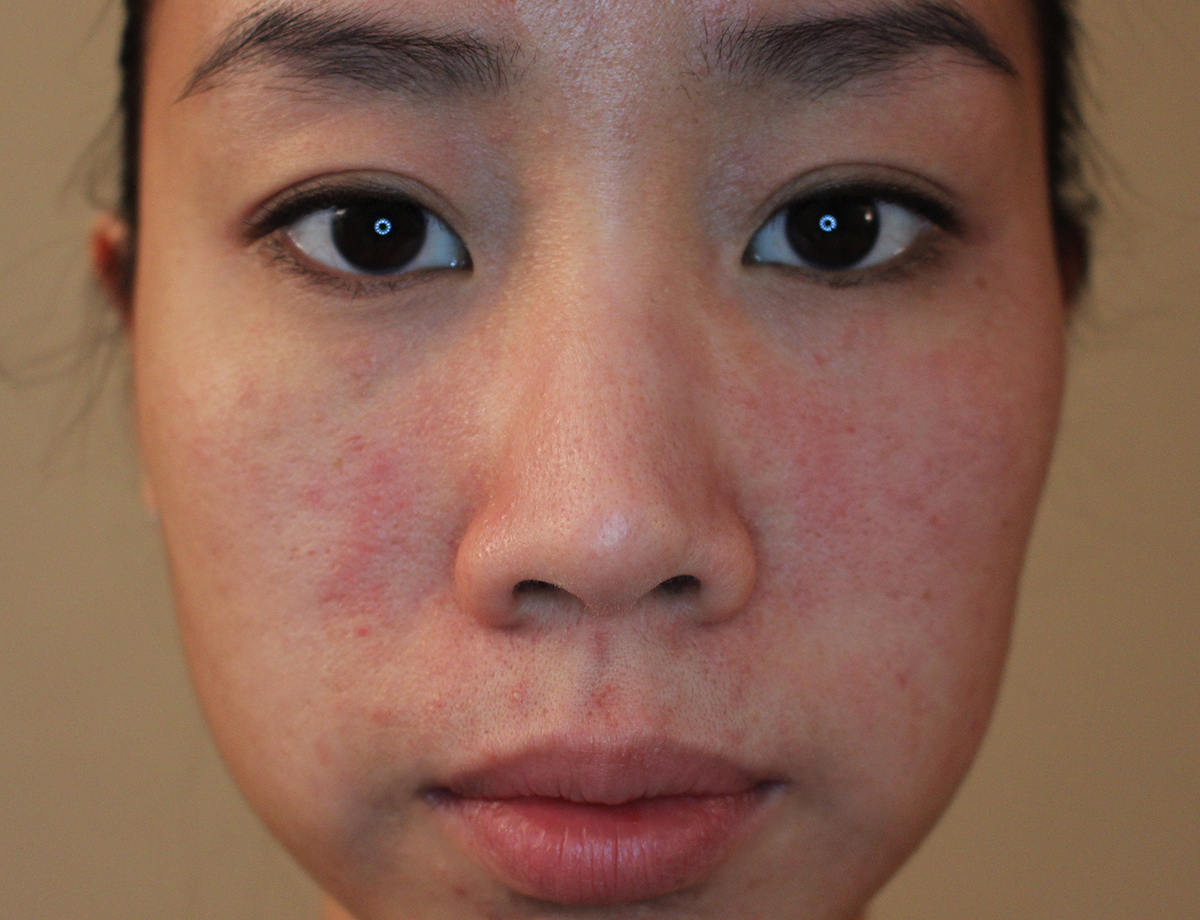



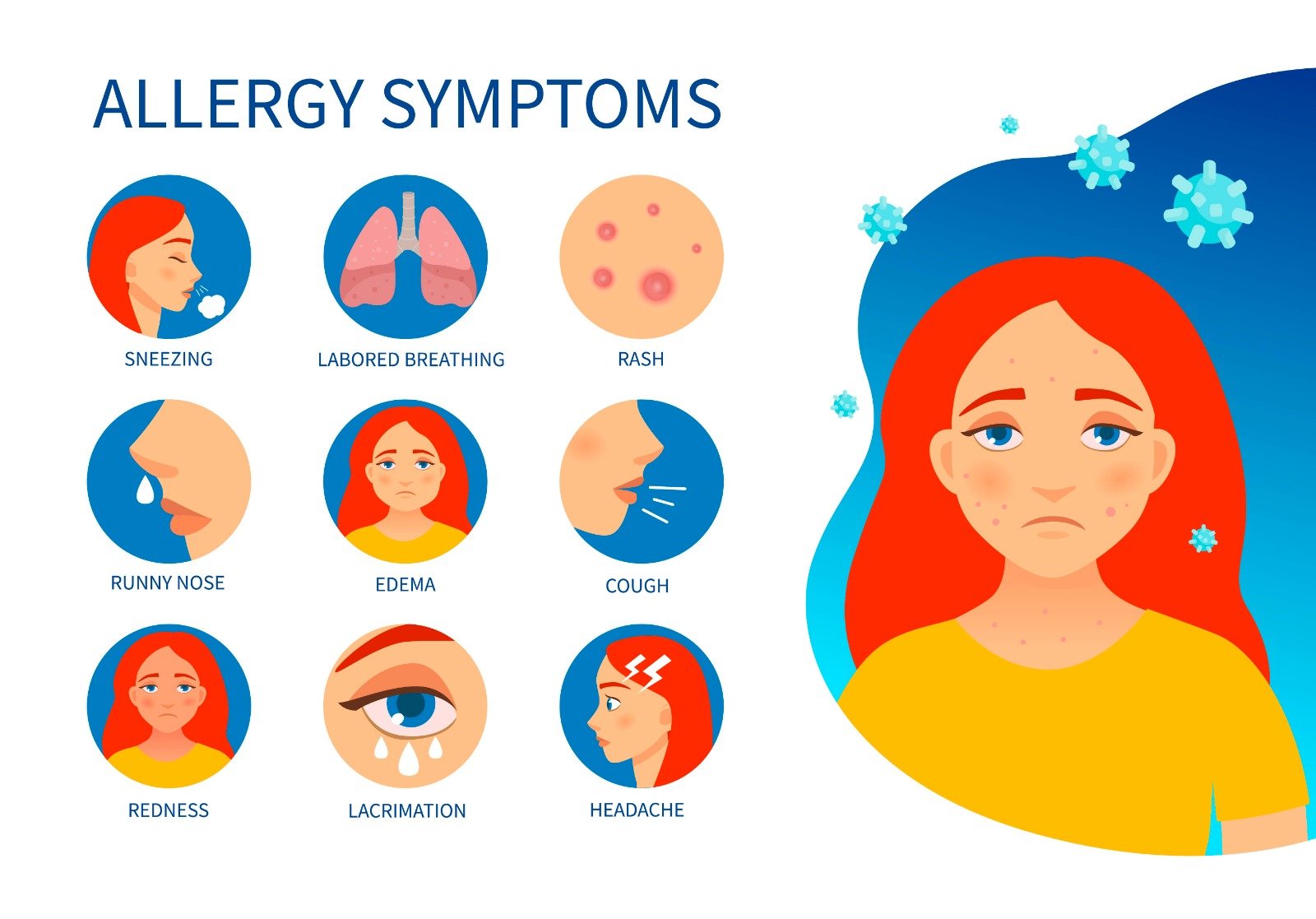
:max_bytes(150000):strip_icc()/food-allergies-causes-and-risk-factors-4685818_FINAL-243a580ea8e14b51a8dd802ecb2326e3.jpg)





















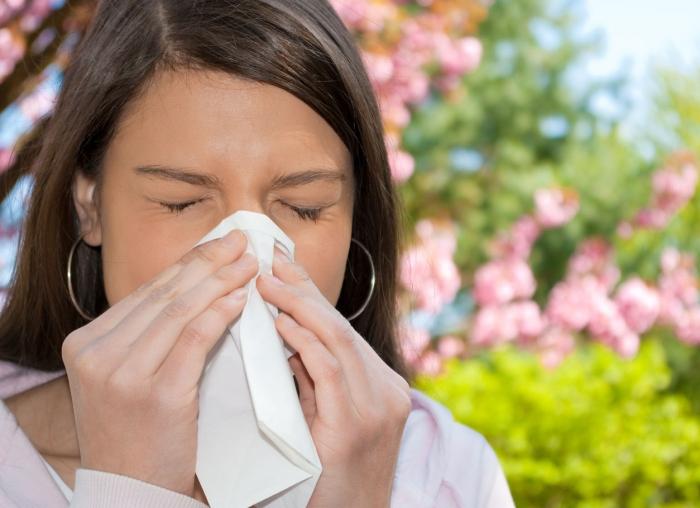

:max_bytes(150000):strip_icc()/Airborne-allergies-5204794_final_new-605a6c30cedf49d38c677d797034e812.jpg)




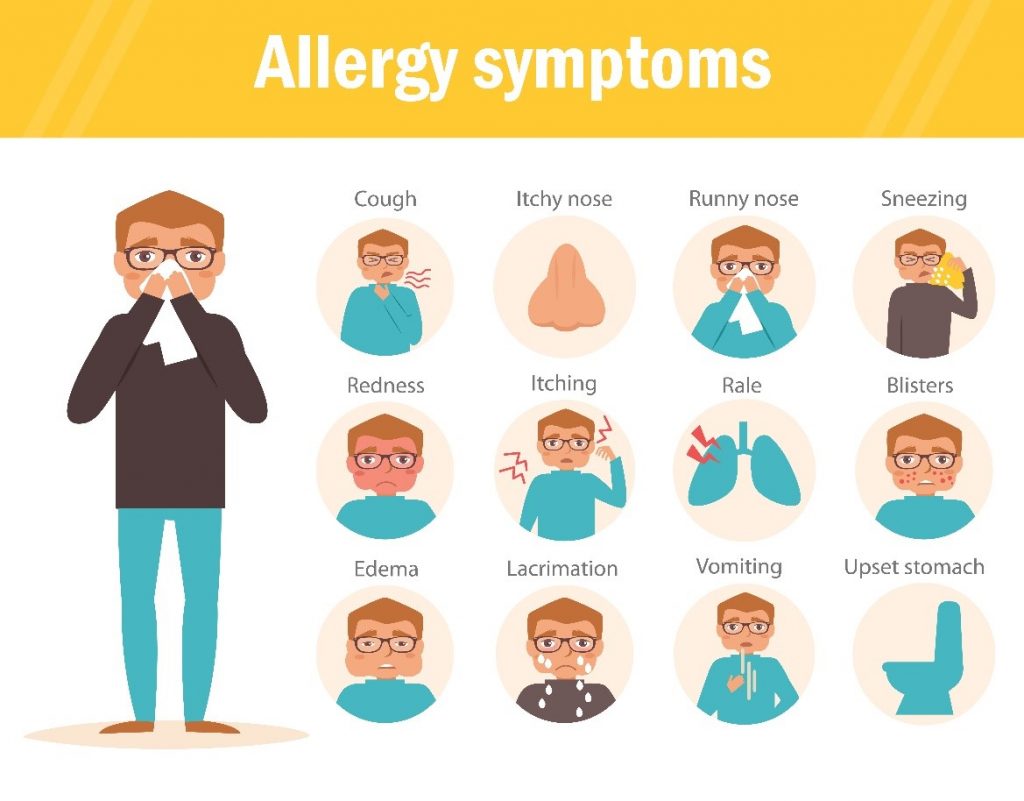
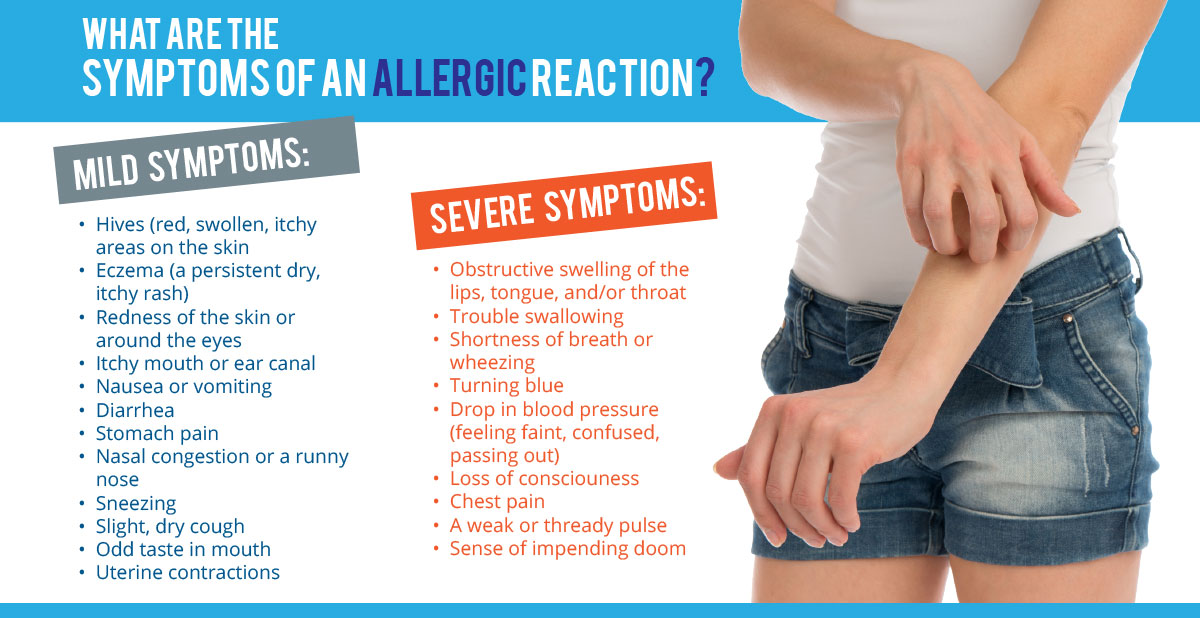


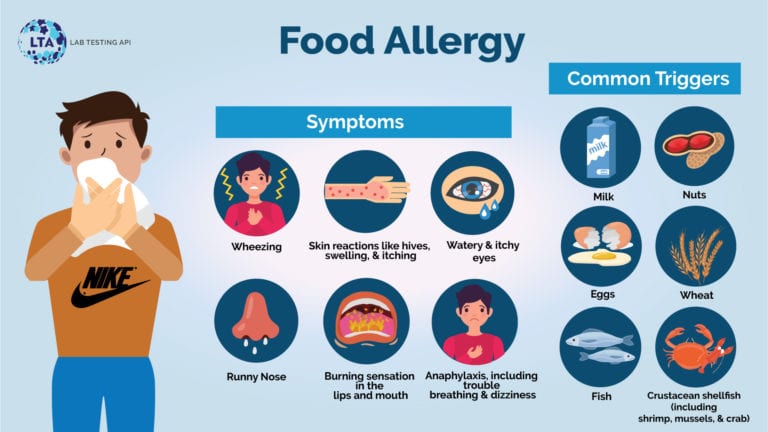

:max_bytes(150000):strip_icc()/eczema-728768147-5999e54cd088c0001121172e-85afca1fc7d64b5b940e7a44fd31adea.jpg)







